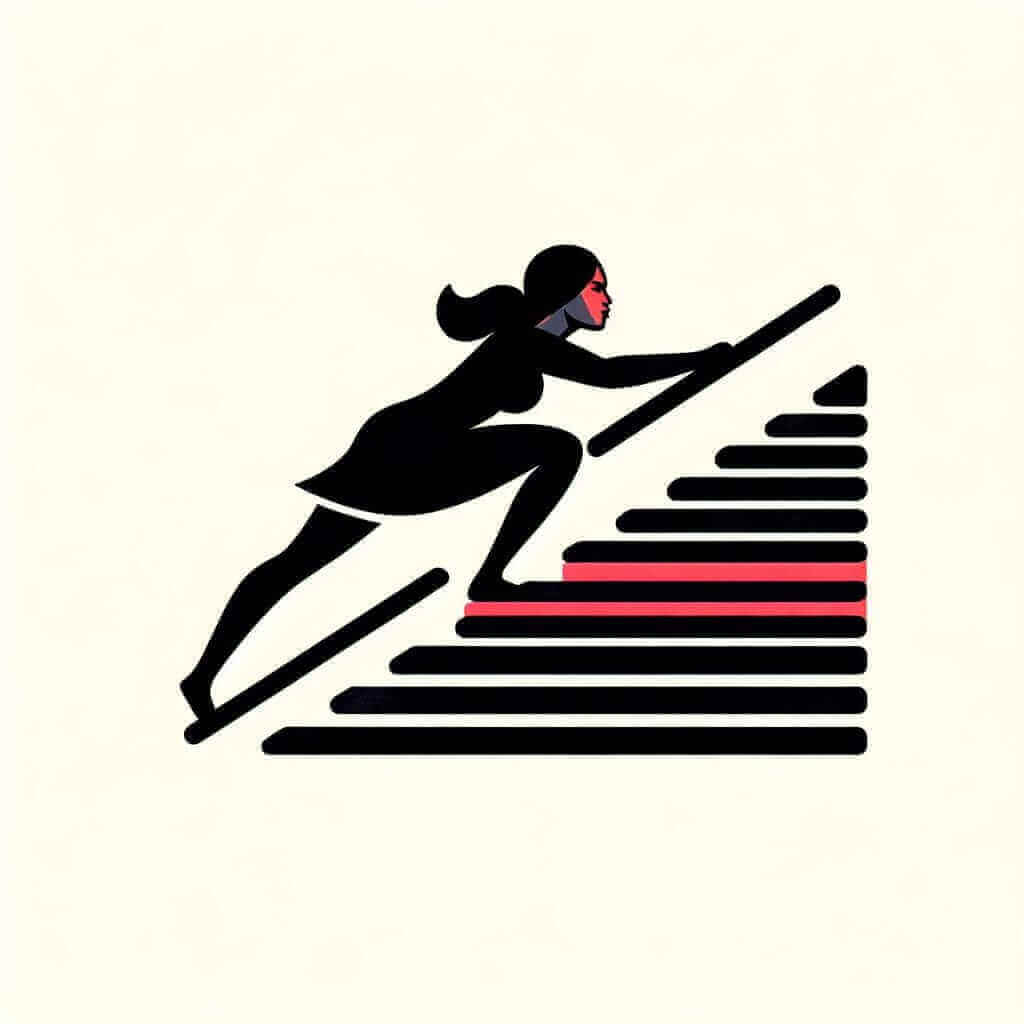In the IELTS exam, understanding and appropriately using idiomatic expressions can significantly enhance your speaking and writing scores. One such expression that is valuable to know is “raise the bar.” This idiom is widely used in many different contexts to denote setting higher standards or expectations. In this article, we will delve deeply into this phrase, explore its synonyms and related expressions, and show you how to use it effectively in your IELTS responses.
Understanding “Raise the Bar”
- Definition: To increase the standards or expectations, often making something more difficult.
- Type of word: Phrase/Idiom
- Pronunciation: /reɪz ðə bɑːr/
Synonyms and Related Terms
- Set the standard /sɛt ðə ˈstændərd/: To establish a level of quality that others should strive to meet.
- Uplift the benchmark /ˌʌplɪft ðə ˈbɛnʧmɑrk/: To increase the baseline level of achievement or quality.
- Enhance requirements /ɪnˈhæns rɪˈkwaɪərmənts/: To make criteria or expectations more demanding.
- Toughen criteria /ˈtʌfən kraɪˈtɪəriə/: To make the qualifications or conditions stricter.
- Improve the standard /ɪmˈpruv ðə ˈstændərd/: To increase the level of quality or performance required.
Example Sentences:
- The new regulations have raised the bar for environmental standards.
- The university’s entrance exams have set the standard for academic excellence.
- The recent advancements in technology have uplifted the benchmark for innovation.
- To get into that prestigious program, they have enhanced the requirements significantly.
- The criteria for this job position have been toughened to ensure only the most qualified candidates are selected.

Analyzing “Raise the Bar” in IELTS Exams
Contextual Usage in Writing
In the IELTS Writing Task 2, which usually requires you to present an argument or discuss an issue, using the phrase “raise the bar” can help you articulate complex ideas about standards, expectations, and improvements. For instance, when discussing topics related to education, technology, or professional standards, “raise the bar” is particularly useful.
Example Response:
Topic: “Many people believe that schools should push students to achieve higher academic standards. Do you agree or disagree?”
Sample Answer:
I firmly believe that educational institutions should raise the bar for students’ academic performance. By setting higher standards, schools can motivate students to strive for excellence and realize their full potential. Higher expectations encourage students to develop a strong work ethic and a commitment to continuous learning, which are essential for success in the modern world.
Contextual Usage in Speaking
Similarly, in the Speaking test, particularly in Part 3 where you discuss more abstract ideas and present arguments, using “raise the bar” can demonstrate a high level of linguistic competence and fluency.
Example Response:
Question: “How can governments ensure that their citizens are well-educated?”
Sample Answer:
Governments can ensure a well-educated populace by raising the bar for educational systems across all levels. This involves improving teacher qualifications, enhancing curricula, and investing in advanced pedagogical tools and technologies. By setting higher educational standards, students are better prepared to handle future challenges and contribute to their country’s development.
Combining “Raise the Bar” with Other Phrases
To sound even more natural and sophisticated in your responses, it’s important to combine idiomatic expressions with other relevant vocabulary.
Examples:
- The new CEO has not only raised the bar for company performance but also implemented policies that incentivize innovation and creativity.
- By increasing the difficulty of their exams, universities have raised the bar, thereby motivating students to undertake rigorous preparation and achieve formidable academic excellence.
- In the realm of public health, authorities must raise the bar for safety standards to ensure that communities are protected from emerging diseases.
Related Expressions and Idioms
Here are some additional idioms and phrases that carry similar meanings and can be used interchangeably with “raise the bar”:
- Step up one’s game: To improve one’s performance or effort.
- After seeing the competition, she knew she had to step up her game.
- Set a high standard: To establish a level of quality that others should meet.
- The teacher’s strict grading policy sets a high standard for her students.
- Push the envelope: To go beyond customary boundaries.
- The new project pushes the envelope in terms of innovative design.
- Make the grade: To meet expectations or standards.
- Only the best students make the grade in this program.
- Up the ante: To increase the stakes or level of risk.
- The competing companies upped the ante with more aggressive marketing.
Conclusion
In conclusion, mastering the idiom “raise the bar” and its related expressions can significantly enhance your IELTS writing and speaking performance. By incorporating these phrases into your responses, you can more effectively convey complex ideas about standards and expectations, showcasing a higher level of language proficiency. Make sure to practice using these phrases in various contexts to become more comfortable with their application.
Example Task: Write about a time when you had to raise the bar to achieve a particular goal. How did it help you improve?
IELTS often includes questions that require discussing improvements or raising standards, making expressions like “raise the bar” immensely useful. Practice crafting your responses to incorporate this idiom naturally and appropriately.